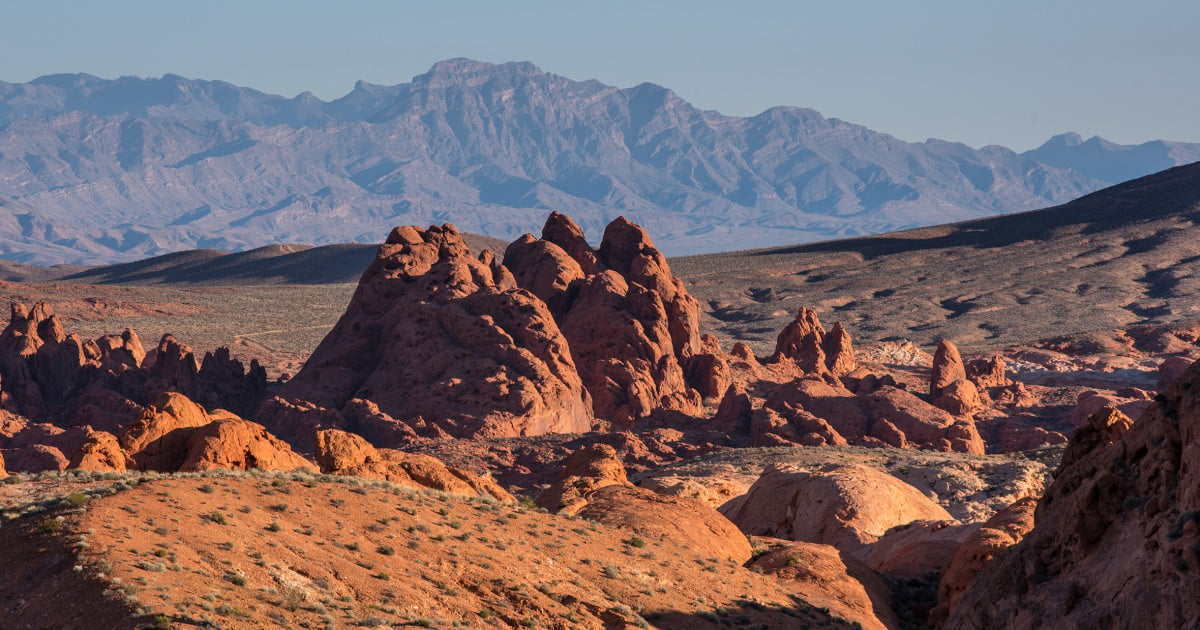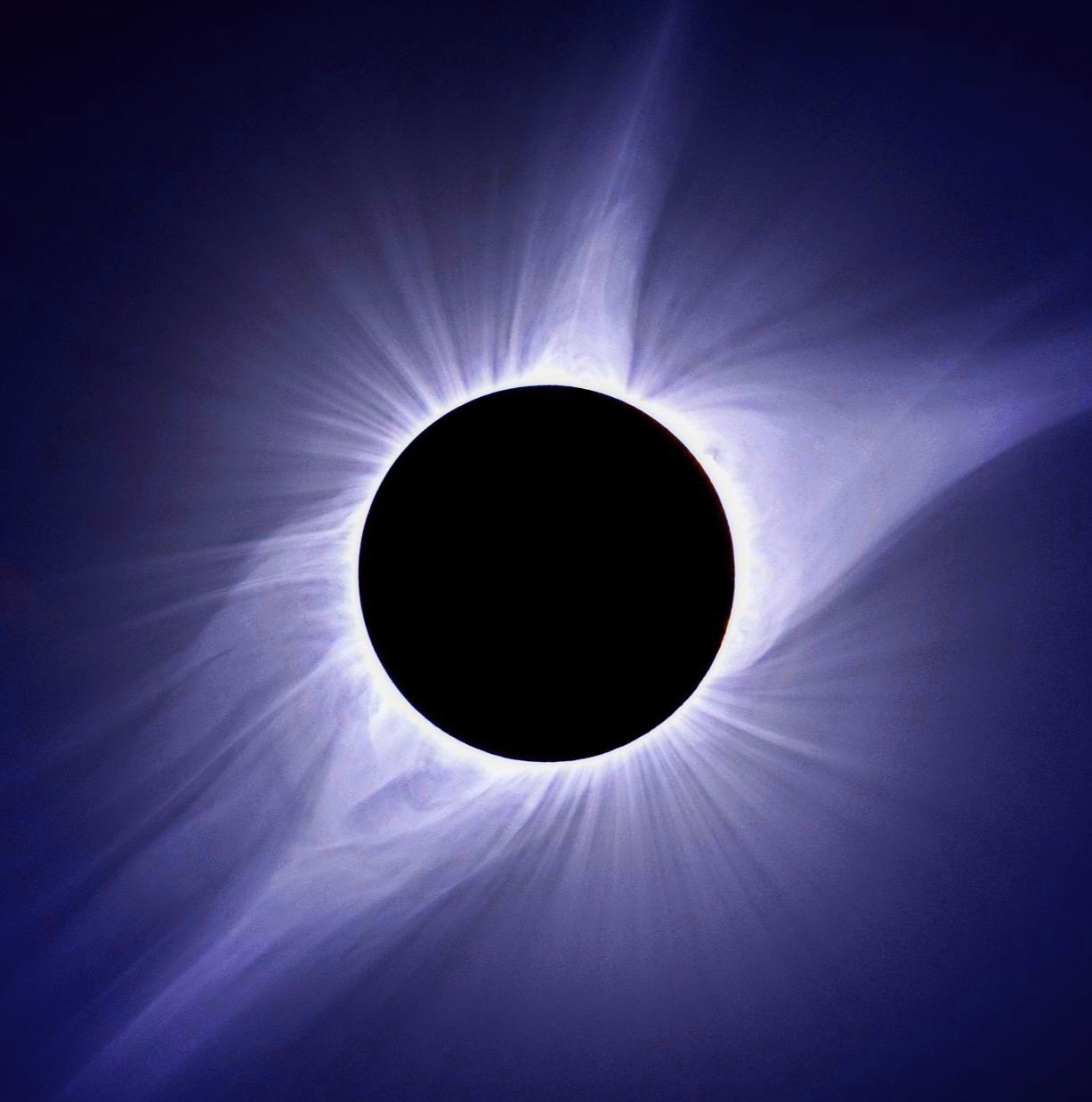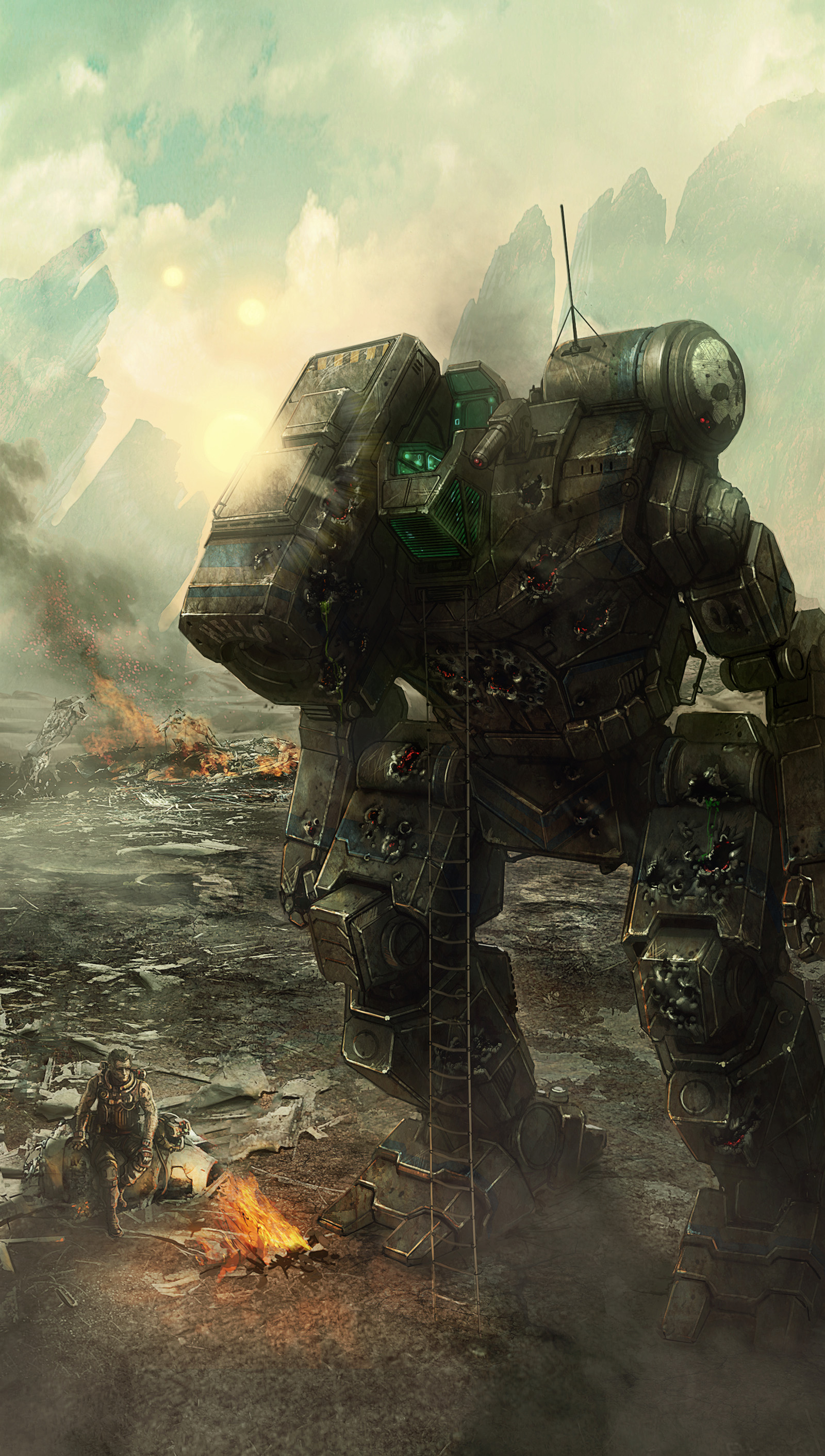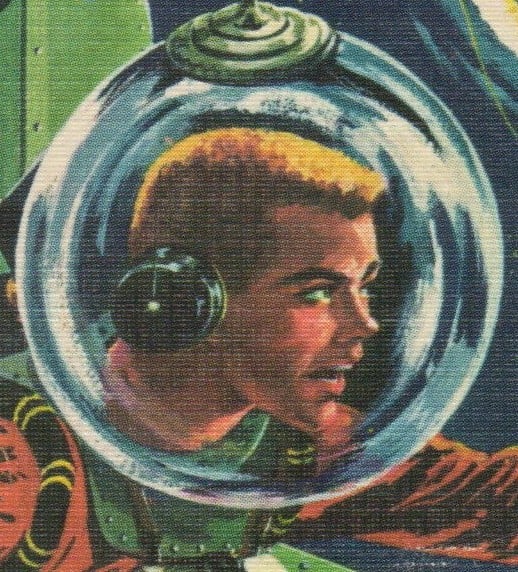State police released no details of the hikers’ identities or possible causes of death. Southern Nevada remains under an excessive heat warning; the high temperature Saturday was 114 degrees.
Why in the absolute hell would you go hiking in a desert during a damn heat wave? I can’t imagine a place I would least want to be.
I swear, common sense is not a flower that grows in everybody’s garden.
common sense is not a flower that grows in everybody’s garden
I’m gonna be using this from now on. Banger of a quote.
Glad you like it!
Down in the southwest it’s common advice to have a giant hat and a fuckton of water, and also go really early in the morning. Hell people are walking around with umbrellas for shade now in Phoenix. But in these temps I think you’d still be a goner…
I’m from the southeast, and the thing they drill into us as kids is “if you’re thirsty, it’s too late” when it comes to keeping hydrated.
I feel like a lot of folks don’t respect heat in the same way they do cold. People, in general, know not to screw around when the temperature gets too low, but don’t realize the heat will kill you just as dead.
Heat kills more people especially these days. Only time cold seems to kill in winters where I live is if someone goes without power for a considerable amount of time, so their furnace or wood stove circulation fans don’t run.
I think a while ago our county and later state passed laws to where power and gas companies can’t shut customers off for non-payment during the winter. They have to wait until spring to shut off someone who hasn’t been paying.
In my country, the cold kills the drunk and the homeless.
This reminds me of the days when our schools taught us to sit under our desks just in case Iran nuked us. Fun times. Even as a kid I was like “How is this particle board desk supposed to save us from a NUKE!?”
It’s in case you’re sufficiently far from the blast radius that your greatest danger is flying glass shards and other debris. The people at ground zero are fucked no matter what of course, but a lot of people live in suburbs outside the city that could have their lives saved, or at the very least could avoid more serious injuries by ducking and covering.
This sort of education actually already happened in Japan during WWII. There were multiple survivors from Hiroshima who saw sights such as this:
He would recall passing a woman who seemed to have bluish leaves growing out of her flesh. She must have been standing near a stained glass window when the sky opened up, and the strange plants were in fact leaves of glass deeply rooted in one whole side of her body. She walked by without uttering a word or a sound, like a ghost; but with each step, the leaves chimed with what seemed, to a boy of six, like a strange jingle-jangle tune.
That’s why you duck and cover, because in case you find yourself still alive after the blast, you do not want to want to be someone with so much glass embedded in them that they look like jingling vegetation. Depending on your distance from the blast, there will be a few seconds between the flash of the atomic bomb and when the blast wave hits, and those few seconds are an opportunity to save yourself from a lot of unnecessary pain afterwards.
Some of these Hiroshima survivors went on to Nagasaki, where they would educate everyone they came across on their experiences in Hiroshima. This is just one such account:
Almost from the moment Tsutomu Yamaguchi and Hisako arrived home with their child, neighbors started arriving at the door, wanting to know what Mr. Yamaguchi had seen in Hiroshima. He was nauseous and fatigued and his fever felt as if it were still climbing; but he decided to answer every question, and offer advice: “Wear white clothes—which will reflect the heat rays. Black clothes tend to catch fire easily. Keep all of the windows open, because if glass shards are stuck in the body, treatment is very difficult. And if you see the pika, you must at that very moment hide yourself behind a sturdy object.”
He hoped that his advice to his neighbors was unnecessary. He prayed that the white flash and the black cloud would not follow him to Nagasaki. He hoped so, but he really did not believe so.
That all happened within 3 days, man. Just 3 days after the first atomic bombing, humanity was already learning how to adapt to atomic bombs. They teach you “duck and cover” because that’s literally what Hiroshima survivors had taught Nagasaki survivors 78 years ago. But of course they should’ve explained the historical context to you so that it was clear why such knowledge is useful.
In case anyone reading this is interested, the quotes are from the book “To Hell and Back: The Last Train From Hiroshima.” It’s a fantastic book with many more vivid accounts than the two I just picked out.
Maybe some more context.
At my particular alma mater, the window line was below the desks a bit. And a lot of them were close to the windows. Using the ducking under the desks as protection against the auxiliary blast radius would still be a bit dangerous, as one would still catch glass shards in the head and possibly the neck.
Better idea IMO, gather the students along an interior wall, have them sit on the floor, and tip a few desks over to protect them.
Edit: From my understanding nuclear bombs detonate pretty high above the ground. That would push the glass shards downward when they implode. My school had the safety windows which probably wouldn’t open enough to keep them from shattering from a force like that. So yeah, at least for the first few rows from the windows, it would ricochet a bunch of it between the floor and the desks. Essentially turning that area into a walking glass wind chime making zone.
Honestly, if I was at work or at home and got a message that there was an incoming nuke which I would be in the aux blast zone for, I’d find the most interior room or closet I could, and just chill in there. I think that’s the best place. Hard to get impaled with broken glass if you’re not in the same room as glass.
Oh wow, yeah ducking wouldn’t help so much if you’re ducking to be at face level with glass 😬
Hopefully we’ll never have to find out. Chilling in an interior room is probably a good call, the closest survivors to the Hiroshima ground zero were cocooned inside a bank vault.
We often fail to teach our children WHY and hope that teaching them WHAT is enough. For some kids this might be the right approach, but I believe this is selling most of them short, and depriving them of the vital context that would allow them to adapt in a real situation.
We keep them in the dark so as not to terrify them, but kids are smart, they know why they do shelter in place drills, and if they have gotten that far, they will be rightly terrified anyway. If we’re going to go through the motions, we might as well empower them with the added information that might actually save their life someday.
On the west coast we did this but they said it was for earthquakes.
Like if the whole ceiling goes down, the desk won’t do shit. But if some lights fall or the windows break it might help you a bit.
True, it would help for minor earthquake damage. But nukes, even in the auxiliary blast radius, it tends to implode the glass. Unless the window panes are higher than all the desks getting under them isn’t the best way to protect oneself. Best way is to either get to an interior room with no windows or an interior wall and use things like flipped desks or desks with covering backs as shields.
In a nuclear shooting war, the outcome literally comes down to percentages. If you can make the survival rate 20% instead of 15%, that could mean millions of lives spread across the population. When you are at a mass casualty scale, every possible life saved is vitally important. That’s why you do disaster drills on a wide scale even when the likelihood is small that any single individual will be helped by them.
I guess that’s a different perspective than I was looking at it from. Thanks.
Fun fact- the first umbrellas were for protection from the sun.
All I can say is that Darwin was right
Deserts are no joke. The great read of the missing Germans exemplifies the danger of these areas.
Great read, thanks for sharing
Fantastic read, thanks for sharing!!!
I got it to work, thanks for sharing this!
Try it now. I just read it all. It might have been bogged down with too much traffic earlier as I suspect it’s hosted on a old server plan.
Hikes and walking are apparently irresistible to Germans, to the point where they regularly die in volcanos in Guatemala. Not surprising lol
Thanks for sharing, this was a fascinating read!
I read through all of that, but I still can’t fathom how large and hostile a place like that is. It doesn’t help that the largest place I’ve hiked is the Yorkshire Dales
Well that’s an hour of my life gone
An hour well spent thanks for the link!
My comment from another community:
Oh wow, I was there a few days ago and we could barely stay outside the car for more than 5 mins to take a few pictures. The heat was absolutely unbearable and at every corner there were warning signs literally saying “no hiking, you will die”. I can’t imagine someone going on a physically intensive activity like hiking there…
If you’re ever in the Vegas area, I highly recommend going to the Valley of Fire State Park. I visited Red Rock Canyon, Death Valley, Hoover Dam, Zion - all of those were absolutely incredible, but valley of fire was otherworldly in ways those other places aren’t. It’s only about an hour drive from Vegas.
All that said, if you want to go to Vegas as a base camp for all these amazing things, don’t do it during the summer. Heat exposure is no joke. This article says there was a group of hikers who had encountered these women earlier in the day and noticed that they hadn’t come back, so they called the authorities at 3pm. They weren’t lost out in the desert for days, they went out hiking for a day and were dead in hours.
Visiting the desert in the winter is uncomplicated. You don’t need nearly as much water, you’re not in significant danger just for being out there. During the hot months, it’s another story. Unless you’re very experienced and extremely well prepared, it’s just not worth it. And even then, just go somewhere else in the world to hike while it’s 115°f/46°c in the desert.
It’s a dry heat though!!
That’s what the guy said who died in death valley last week
I would caution that, in winter, the deserts can get cold and hypothermia becomes a very real threat. To make matters worse, the temperature swings can be extreme enough that you will be hot during the day and freezing at night.
By way of example, camping in Joshua Tree National Monument, we were huddling in the shade during the day, sweating our asses off, then huddling in sleeping bags around the fire at night trying to keep warm while watching a meteor shower.
Know the conditions you are headed into and prepare accordingly.
Vegas is an abomination in the face of common sense.
I definitely get the sentiment. On a base level, building a city in the middle of the desert where it takes more resources to sustain the city than it should.
That said, when it comes to the primary scarce resource, water, one thing a lot of people don’t know is that the city is extremely efficient at recycling water and has taken significant measures to reduce water usage. 99% of water used indoors in Las Vegas is recycled, and they recently banned non-functional grass which has been a big contributor to water usage in the past.
https://adventure.com/how-las-vegas-conserves-water/
It’s easy to look at a city that is built on a culture of excessiveness and come to the conclusion “Las Vegas bad” but there’s definitely more to it than meets the eye and I think there are far more productive places to focus our attention.
Why do people hike in this weather?
Anyone who has been around hikers have met one of these types of people:
-
They either insist that their own experience means they don’t need emergency supplies, they don’t need to think about the weather, etc.
-
Or they’re the “It’ll be fine…” type of person, who dimisses potential negative consequences to their own actions.
-
deleted by creator
I was in Vegas this weekend and it was absolute hell. Every time I walked outside I was blasted in the face with hot air, like when you check food in the oven. I can’t even imagine doing any type of exercise in this weather. It was still 40C (104F) at midnight, the heat just never let up.
This is just the beginning.
We need to act to mitigate and adapt to climate change now
And also stop goes for hikes in the middle of a heat wave.
The beginning was like 15-20 years ago.
… like 70
I mean the complex, long-term effects climate change will have on the Earth. We’re locked into change for the foreseeable future. At some point the temperature can stabilize, but the cascading impacts will continue for centuries even after it does.
So… we’re just at the beginning.
Pretty sure since the beginning of written history, wandering into the desert has never been portrayed as a safe activity, especially in the middle of a heat wave.
Climate change is real, but that’s like saying someone froze to death in the Artic due to climate change.
The broader context is that hundreds are now dying annually from heat in Nevada. Many people will die from heat waves, not to mention severe weather, flooding, famine, and human conflict caused by resource shortages.
Man, Lemmy is savage with its downvotes.
Also we need to stop racism, but like racism, climate change has little to do with this story
You know what people do in countries with lots of really hot weather? They take a siesta during the hottest part of the day because that’s just smart.
Ah yes. Increasing heatwaves obviously have nothing to do with climate change.
Climate change caused the weather, yes, but it didn’t make these people go out hiking in dangerous heat.
Cripes. What a way to go.
















